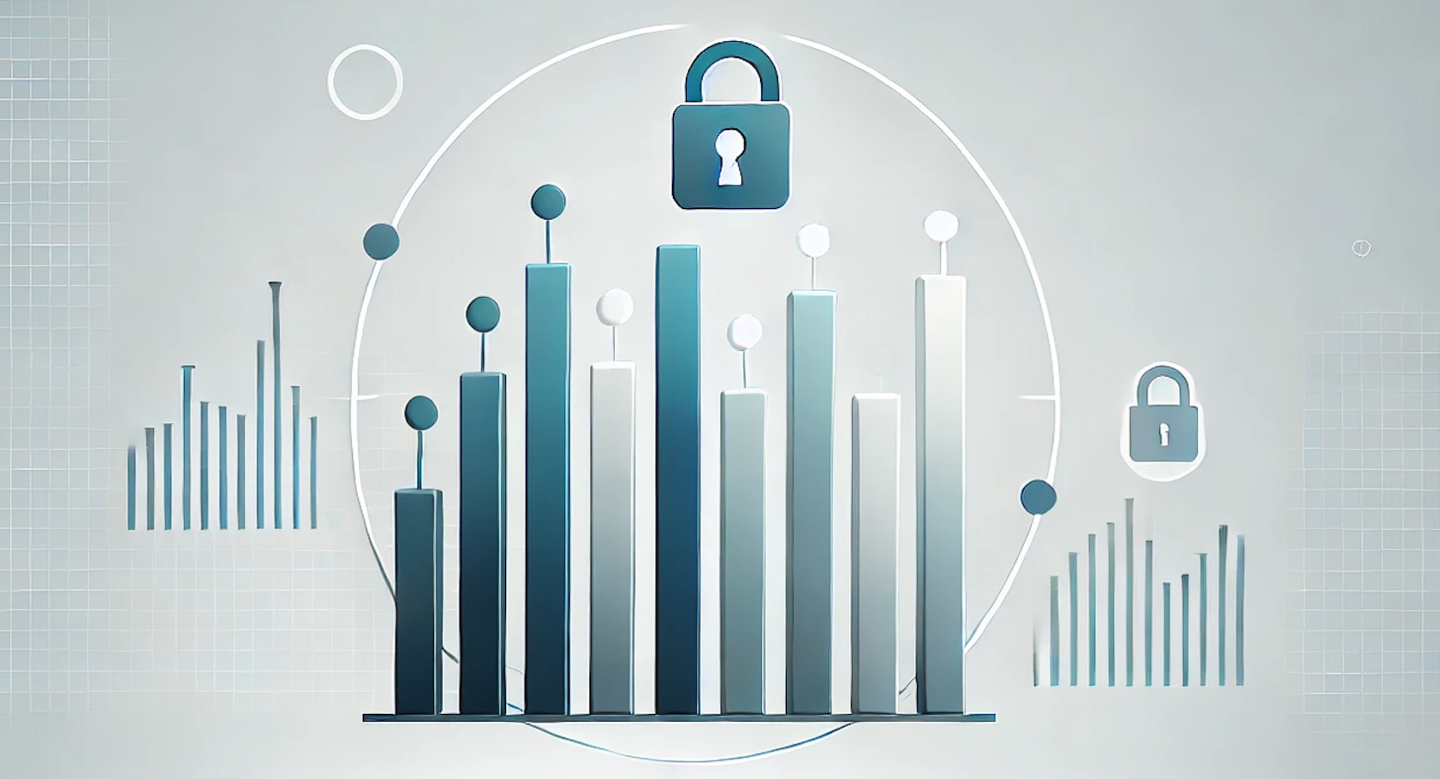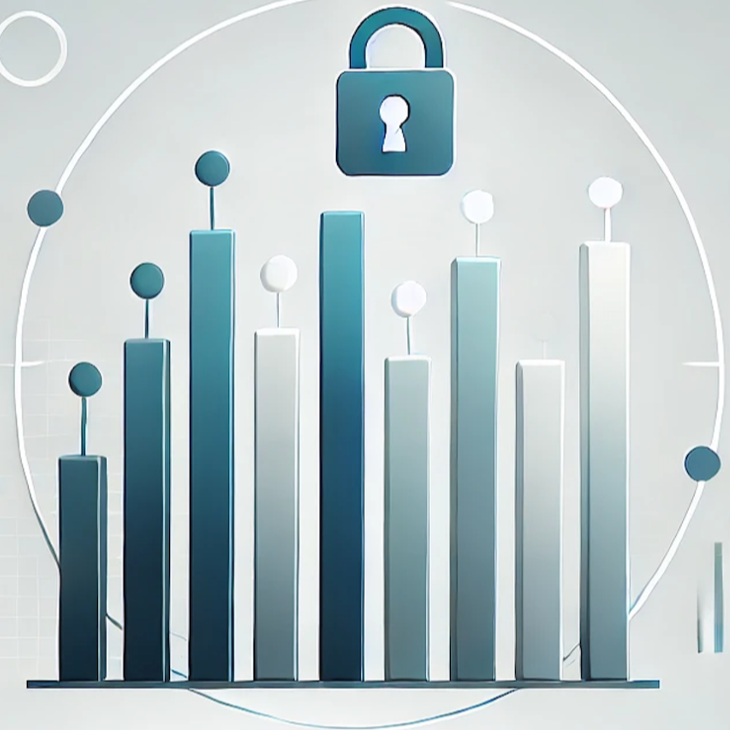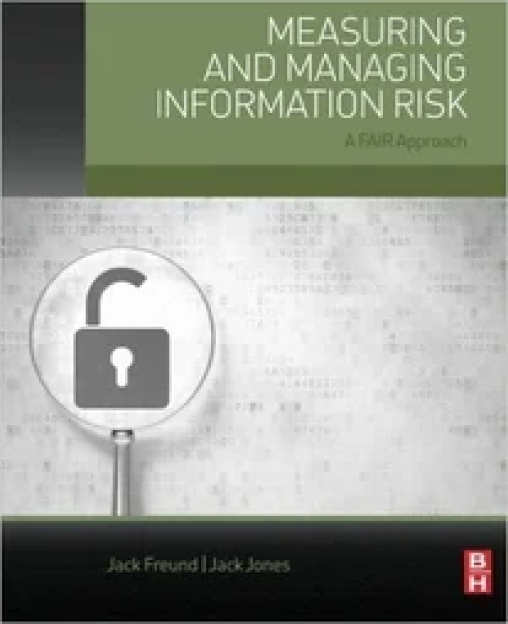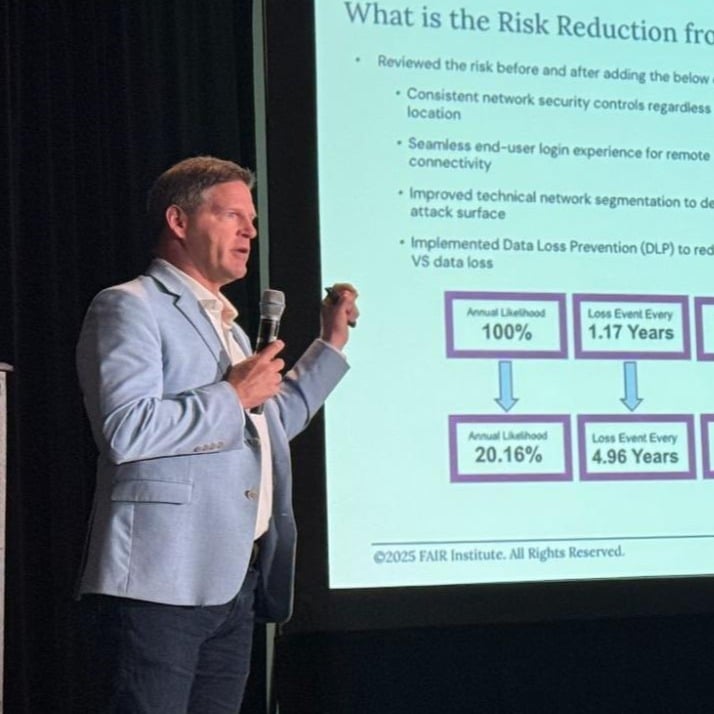

Cyber risk management is essential for protecting a company's financial health, reputation, and ability to operate. Poor management can lead to devastating consequences, as seen in cases like Equifax, where insufficient data protection led to a breach affecting over 147 million people, resulting in significant fines and loss of consumer trust. The Colonial Pipeline attack showcased how ransomware can cripple critical infrastructure, causing fuel shortages and economic disruption.
 Todd Tucker is Managing Director of the FAIR Institute. Learn more about Todd
Todd Tucker is Managing Director of the FAIR Institute. Learn more about Todd
Cyber risk management involves identifying, assessing, and prioritizing risks associated with digital threats to an organization's information and systems. It encompasses strategies and actions to mitigate, transfer, or accept these risks.
According to the FAIR™ (Factor Analysis of Information Risk), cyber risk management is defined as the process of understanding the frequency and impact of potential cyber events on an organization, putting them into quantitative and financial terms, and making informed decisions to reduce risk to within the organization's risk appetite.
FAIR is maintained and enhanced by the FAIR Institute, a research-driven not-for-profit organization dedicated to advancing the discipline of cyber and operational risk management through education, standards and collaboration.
FAIR serves a central role in most well-designed cyber risk management programs because it is the only international standard quantitative model for information security and operational risk. FAIR provides a model for understanding, analyzing and quantifying cyber risk and operational risk in financial terms.
It is unlike risk assessment frameworks that focus their output on qualitative color charts or numerical weighted scales. It builds a foundation for developing a robust approach to information risk management.
Because FAIR helps quantify risks in financial terms, it enables data-driven decision-making. This approach ensures that resources are effectively allocated to address the most significant threats, safeguarding the organization's assets and reputation. In practice, this means continuously assessing the company's digital landscape, understanding the value of various assets, identifying potential threats (such as hackers, malware, or insider threats), and evaluating the organization's vulnerabilities. It also requires continuous monitoring and updating of security measures to adapt to the evolving threat landscape.
For executives, adopting a comprehensive approach to cyber risk management is crucial for protecting sensitive data, ensuring business continuity, and maintaining customer trust.
In an era where cyber threats are increasingly sophisticated and pervasive, neglecting cyber risk management can lead to catastrophic financial losses, legal penalties, and irreversible damage to a company's reputation. Therefore, integrating a comprehensive, data-driven approach like FAIR into the organization's risk management strategy is not just advisable—it's essential for sustainable business success.
The FAIR Institute hosts the premier event in cyber risk management, the annual FAIR Conference.
FAIRCON 2024 features training sessions Sept. 29-30 and the main conference Oct 1-2, with more than 70 CISOs, CIOs, board members and other cyber risk leaders and stakeholders speaking on challenges such as third-party risk management, cyber reporting for the board, automating and scaling your program, and emerging risk areas such as AI. Register now!









